Guest post by Stephen Shulman and Stephen Bloom
The current crisis in Europe is a head-to-head battle of policies of coercive diplomacy: compellence by Russia and deterrence by the West. Russia’s demands focus on permanently reversing the expansion of Western military power into Ukraine, backed by the threat of military attack on Ukraine in the absence of compliance. Western policy seeks to deter such an attack by threatening painful economic sanctions and arming Ukraine to make such an attack more costly to Russia.
How credible is the Russian threat?
The perceived stakes for Russia are high. The expansion of NATO since the end of the Cold War and growing military cooperation between the United States, NATO, and Ukraine—the largest country in Europe and one that shares 1,400 miles of border with Russia—are viewed as a national security threat by most Russians.
Ukraine’s westward drift also challenges Russian national identity. Russia views itself as a protector, not only of ethnic Russians in the former USSR, but of Russian-speakers more broadly—what Putin calls “the Russian world.” Perceived discrimination against these groups in Ukraine through policies of progressive linguistic and cultural Ukrainization is considered part and parcel of the drive to integrate with the West. Tsarist Russian and Soviet narratives that view Ukrainian territories as the cradle of the Russian nation, and Ukrainians as either part of the Russian nation or so intertwined culturally and historically that they require close ties with Russia, are widely held in Russia today. Finally, the advancement of NATO and its military infrastructure to Russian borders represents an affront to Russian national pride and status, which is particularly hurtful for a nation that a mere generation ago was a superpower with its own alliance of states that subsequently joined NATO.
A more parochial but still powerful interest at stake is regime security. As many analysts rightly note, an economically successful and democratic Ukraine integrated into Europe poses a threat to the legitimacy and stability of Russian authoritarianism. Russia’s vociferous criticism of and resistance to what it considers Western-aided “color revolutions” in Georgia, Ukraine, and Kyrgyzstan are strong evidence that the potential demonstration effect of a stable, prosperous, westernized Ukraine is intolerable to the political and economic elites prospering in the authoritarian, kleptocratic, and corrupt Russian state.
Finally, Putin seems to strongly desire reclaiming Ukraine as the centerpiece of his historical legacy. By publishing a 6,000-word treatise on Ukrainian and Russian history and declaring that “true sovereignty of Ukraine is possible only in partnership with Russia”; by talking about red lines the West must not cross, giving detailed and public ultimatums for Western concessions, and amassing an unprecedented 130,000 troops along his neighbor’s border, Putin has placed his judgment, reputation, and status as a leader at stake. Backing down now without achieving his core mission and public obsession would be a humiliating personal defeat for this ex-KGB strongman.
In contrast, the interests at stake for the West are threatened less by making concessions to Russia vis-à-vis Ukraine, than from the consequences of a Russian military invasion of Ukraine. NATO’s basic function and strength are preserved even if it has no relationship whatsoever with Ukraine, as was the case for most of its 73-year history.
The credibility of Russia’s threat also depends on the degree to which Russia is willing to absorb the costs—both the direct costs of a Russian military invasion and the indirect costs of Western economic sanctions. Both are mitigated by the fact that Russia’s autocratic decision-maker is highly insulated from them politically. With its near-total control of mass media, the regime will frame the costs of war as the fault of the West, just as it successfully convinced nearly all Russians that their state is not to blame for the eight-year military conflict in eastern Ukraine. In comparison, the West’s democracy and free press force its leaders to internalize to a much greater degree the costs of resisting Putin’s demands and following through on promised sanctions if Russia attacks Ukraine.
Finally, there is an urgency to Russia’s demands that reinforces their credibility. Russia has a limited window of opportunity to achieve its goals in Ukraine, making it less likely that it will back down now and try again in the future. Russia faces medium- and long-term challenges to its international power due to downward population pressures and the world’s scaling back of carbon-based fuels around which the Russian economy is built. A more immediate set of constraints comes from the acceleration in Ukraine of anti-Russian sentiment and support for economic and military integration with the West in the wake of Russia’s annexation of Crimea in 2014 and subsequent instigation of an armed separatist rebellion in Donbas. In a context where the West is bogged down in domestic political divisions and the world is distracted by COVID-19, these time constraints have likely convinced Putin to threaten what he considers a preventive war that is better fought now than later.
The strong credibility of Russia’s threat, together with its large military advantage over Ukraine, suggest that the West’s policy of deterrence is likely to fail, unless western countries make significant concessions to Russia’s core demands. If deterrence does fail, and Russia invades Ukraine, the coercive diplomacy standoff will continue. Russia’s demands to NATO will remain in place, but Russia’s military advantage over Ukraine will be greater—and the credibility of the Russian threat to use additional force against Ukrainian territory until the West complies will be stronger. Accordingly, the concessions the West will need to offer up to stop Russia’s military advance—or to compel Russia to withdraw from conquered territory will probably be dear.
Stephen Shulman is an associate professor of political science at Southern Illinois University. Stephen Bloom is an associate professor of political science and director of graduate studies at Southern Illinois University.

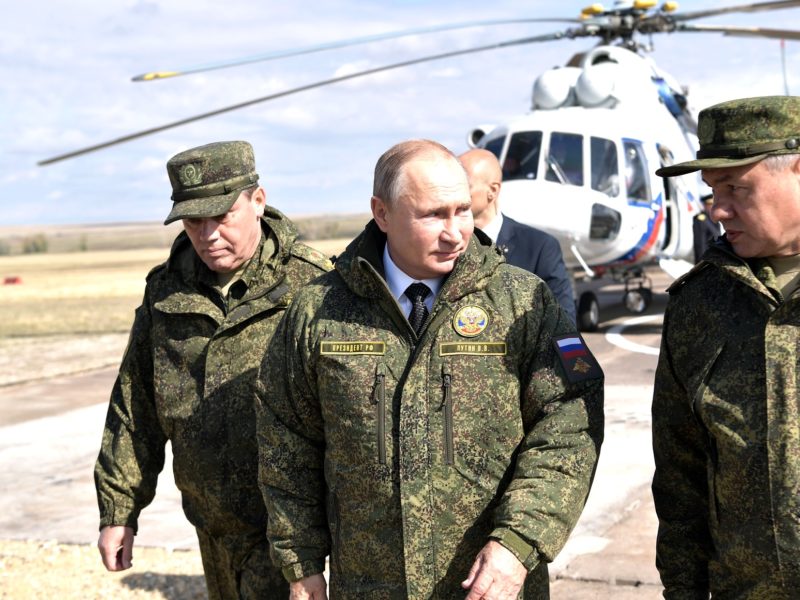
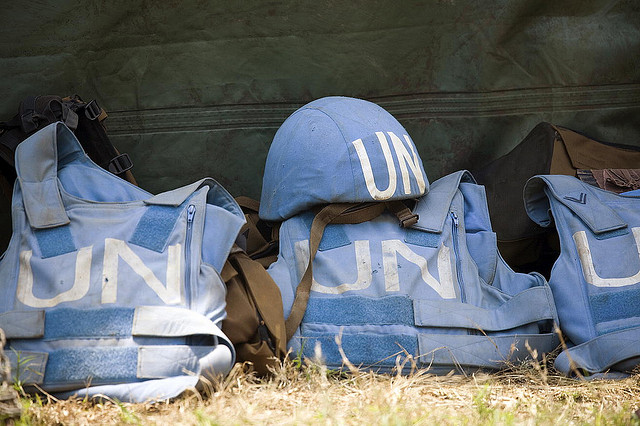

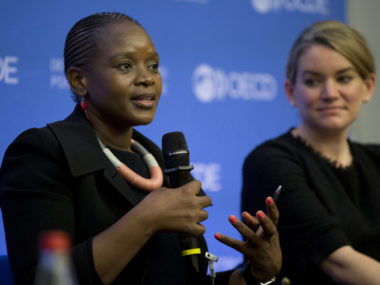
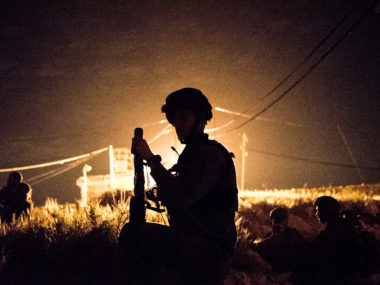
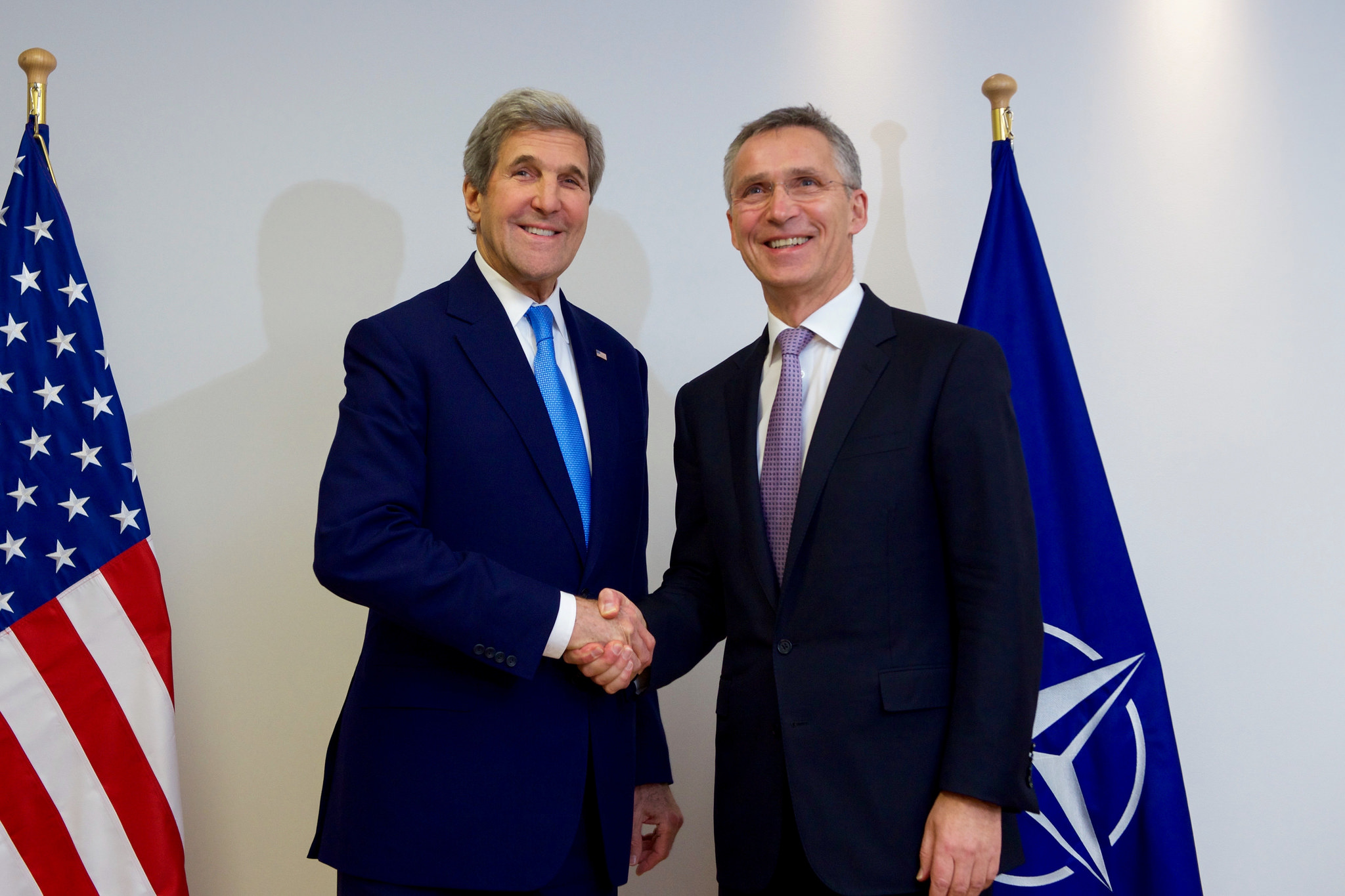
1 comment
Sanctions have not been effective so far as in the cas with invading and occupation of Crimea. How will additional sanctions for further acts of war on Ukraine will work? Why did it take so long to get them and other former USSR countries into NATO? I heard Putin declared war but I have not seen this in US news stations.